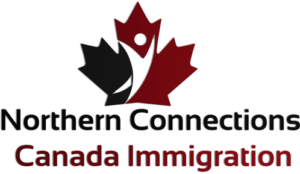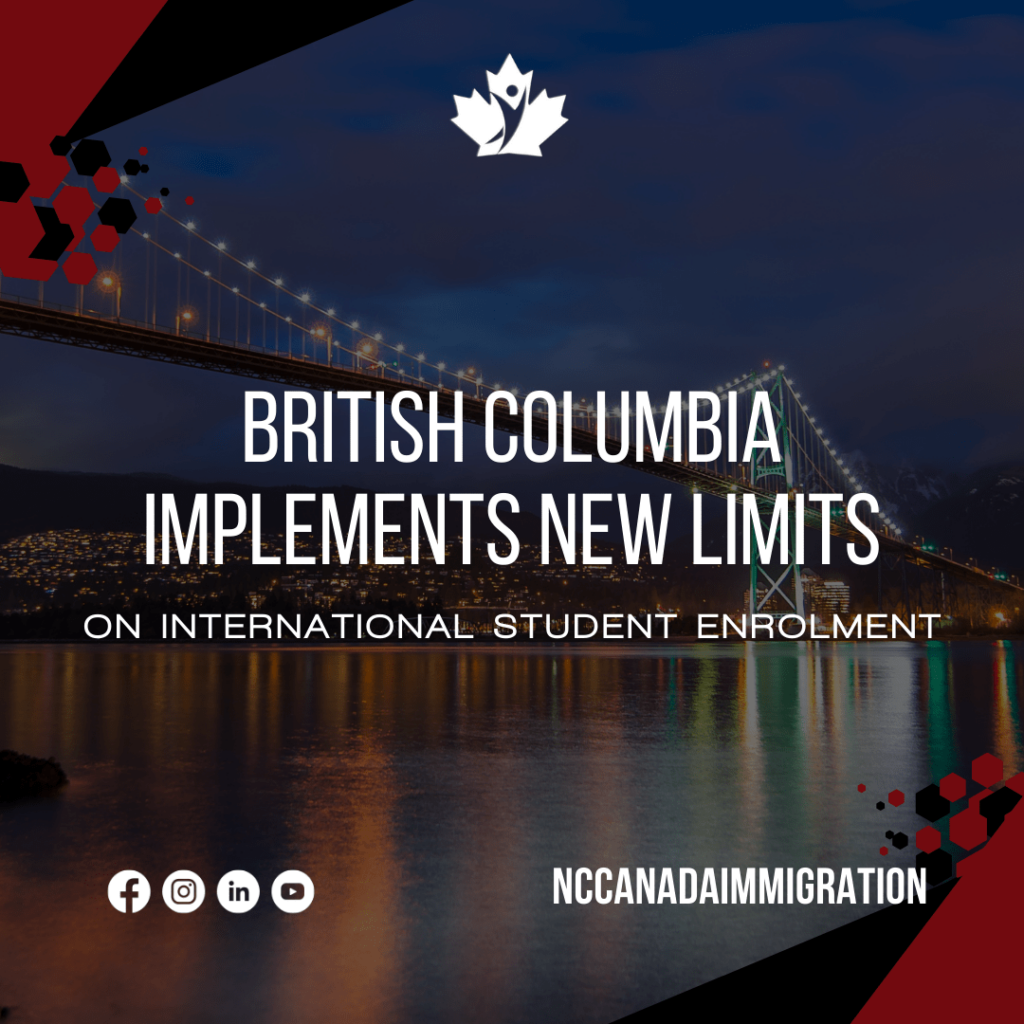The Ministry of Post-Secondary Education and Future Skills in British Columbia is introducing new regulations to strengthen the integrity of its international student program in the province and setting higher standards for designated learning institutions.
These measures see the introduction of the Education Quality Assurance (EQA) code of practice with three main objectives.
Enrolment Restrictions
Designated learning institutions (DLIs) in British Columbia will now have a cap on international student enrolment at 30% of their total student enrolment. This new cap is specific to public DLIs, and private DLIs are not affected by this restriction. The ministry affirmed that many of B.C.’s 25 public post-secondary institutions already operate below this 30% enrollment limit. Thus, the new regulation will formalize and standardize existing practices rather than imposing a new constraint on these institutions.
Provincial Limitations and PALs
The Ministry has not clarified if the new 30% cap is in addition to the provincial limits set by the number of Provincial Attestation Letters (PALs) B.C. will issue this year. PALs are a crucial part of the new study permit process introduced by Immigration, Refugees and Citizenship Canada (IRCC). They, however, noted that PAL distribution is aimed at supporting international student programs at public DLIs.
Support and Transition
The Ministry plans to assist institutions in adjusting their recruitment strategies to meet the new cap and manage potential financial impacts. Institutions are expected to leverage their international education strategic plans, as specified in the guidelines, to align with the enrollment threshold.
Allocation of Provincial Attestation Letters for 2024
British Columbia has been allocated 83,000 Provincial Attestation Letters for 2024, with 53% designated for public post-secondary institutions and 47% for private institutions. PALs are distributed based on the province’s population, with B.C. being the third most populous province in Canada. These letters are a new requirement for obtaining study permits and supporting international student programs.
Transparency in Tuition Fees for International Students
Under the new measures, DLIs are required to disclose tuition fees for the entire duration of a student’s program. This transparency will allow prospective students to understand the full cost of their education upfront, helping them budget more effectively for their time in Canada.
Economic Impact of International Students
International students play a vital role in Canada’s economy. A 2022 report by Global Affairs Canada noted that their spending amounted to over $37 billion. Statistics Canada data indicates that international undergraduate students paid an average of $38,081 in tuition fees for the 2023/2024 academic year. British Columbia currently hosts 111,900 international students in its public institutions.
Meeting Quality Assurance Standards
The Education Quality Assurace code requires institutions to meet or exceed the province’s quality assurance standard, mandate that will apply for both public and private designated learning institutions enrolling international students. These include developing international education strategic plans, enhancing student services, providing housing support, and ensuring that Indigenous and domestic students are not displaced by the influx of international students.
These standards build on the International Framework Measures introduced last January, which aimed to manage the growth of DLIs, enhance oversight of private institutions, and strengthen compliance and enforcement. The new measures represent the next phase in this ongoing initiative.
Institutions that adhere to the EQA code will be awarded an EQA designation, reflecting their commitment to high standards. Those that do not comply will lose their designation and will be unable to accept international students.
Conclusion
The new guidelines from British Columbia mark a significant shift in how international students are managed in the province. By imposing enrolment caps, increasing transparency, and setting rigorous standards, B.C. is ensuring that its international student programs are both effective and sustainable. Institutions and students will need to adapt to these changes, which aim to maintain the province’s reputation as a leading destination for international education.
How We Can Help
If you’re currently studying or planning to study in British Columbia and are concerned about how the new enrolment guidelines might affect your academic plans and future opportunities, we’re here to assist. Schedule a personalized one-on-one consultation with one of our expert immigration consultants to navigate these new regulations effectively.
Our team will help you understand how these changes impact your enrollment and ensure you are well-prepared to meet the new requirements. Contact us today to book your consultation and keep your educational journey in Canada on track.
The Team at Northern Connections Canada



